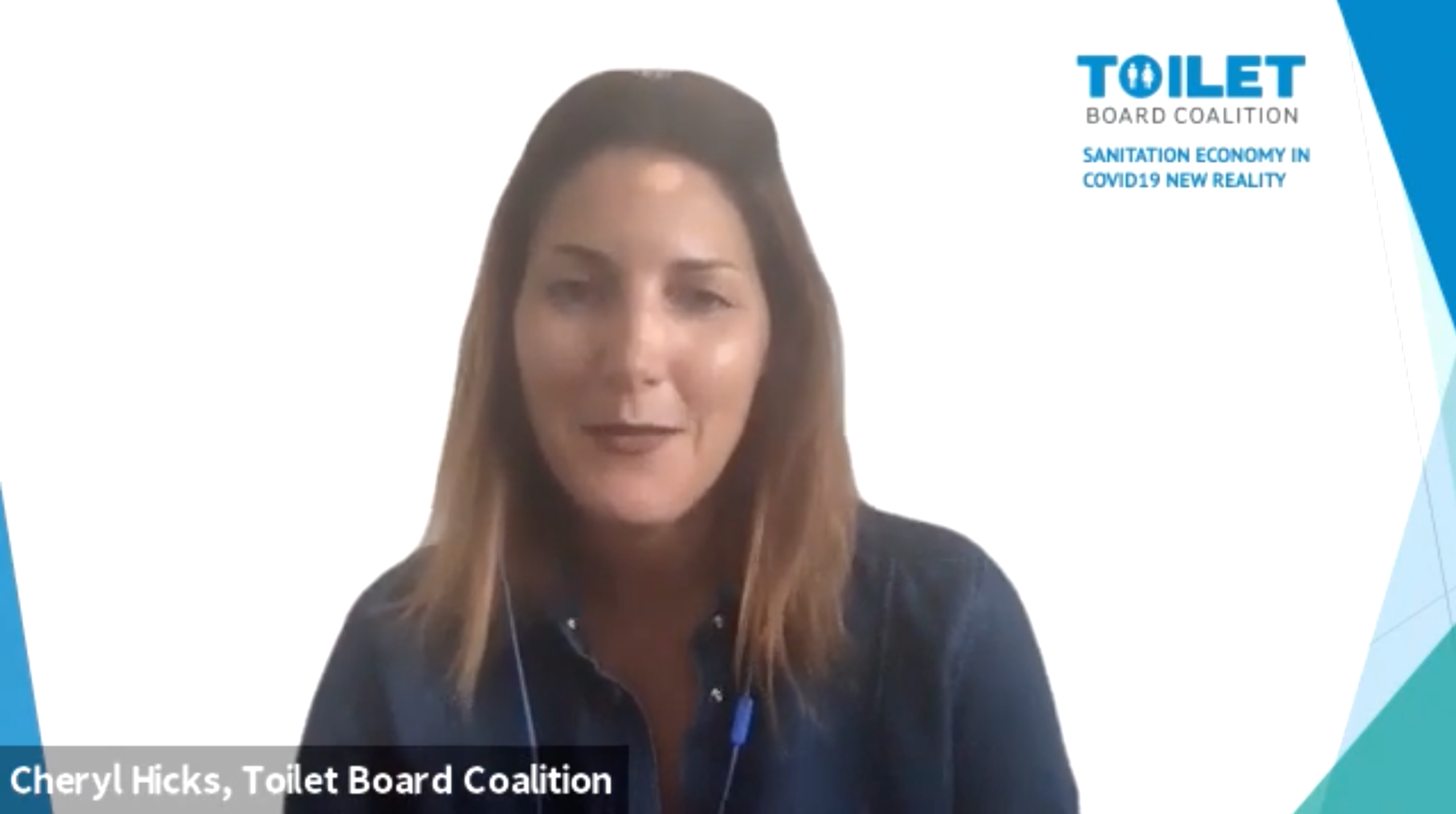By Sasha Kramer, SOIL Executive Director, originally published on SOIL’s blog
It is in times of crisis we are reminded of the power of collaboration and the critical importance of networks of support. As frontline workers across the globe, from bus drivers to nurses to sanitation service providers, work tirelessly to protect their communities in the face of the pandemic, we have never been more grateful for our partners in the Container-based Sanitation Alliance (CBSA).
The CBSA was formed in 2017 with a shared vision of a world where access to dignified, safe and affordable sanitation is no longer out of reach for families and communities in dense urban areas. Since that time we have worked with our partners from Ghana, Kenya, Madagascar, Peru and India to share our experiences, collectively advocate for safe sanitation in informal settlements and promote a shared research agenda to ensure that our services are accessible to those who are most vulnerable.
As with the rest of the world, the sanitation sector now faces an unprecedented crisis as we work to provide uninterrupted essential services while protecting both our staff and the communities we serve. With families everywhere being asked to remain at home as much as possible, access to a safe sanitation option has never been more important. In these times we have stepped up communication between CBSA alliance to collectively brainstorm strategies for modifying our operations, human resource policies, and community outreach to respond to this new reality.
Container-based sanitation is different from other sanitation technologies in that it requires frequent visits to clients to safely and regularly collect waste. While this high-touch sanitation system carries with it some unique challenges in this moment when physical distancing is the key to slowing the spread of COVID-19, there are also significant opportunities to leverage regular client visits for education and supply distribution. The CBSA has been a powerful platform for addressing both the challenges and opportunities in this time and together we have worked to explore and implement a suite of changes to strengthen our impact. Alliance members are working in partnership with local government actors to distribute health messaging to clients and their families, sharing resources with our staff to help protect themselves and modifying our collection processes to prepare for staffing pressures if members of the team become ill or require self-isolation.
As we navigate the pressures of this pandemic, we are constantly reminded of the power of partnership and we are deeply grateful to have such knowledgeable and committed partners.
